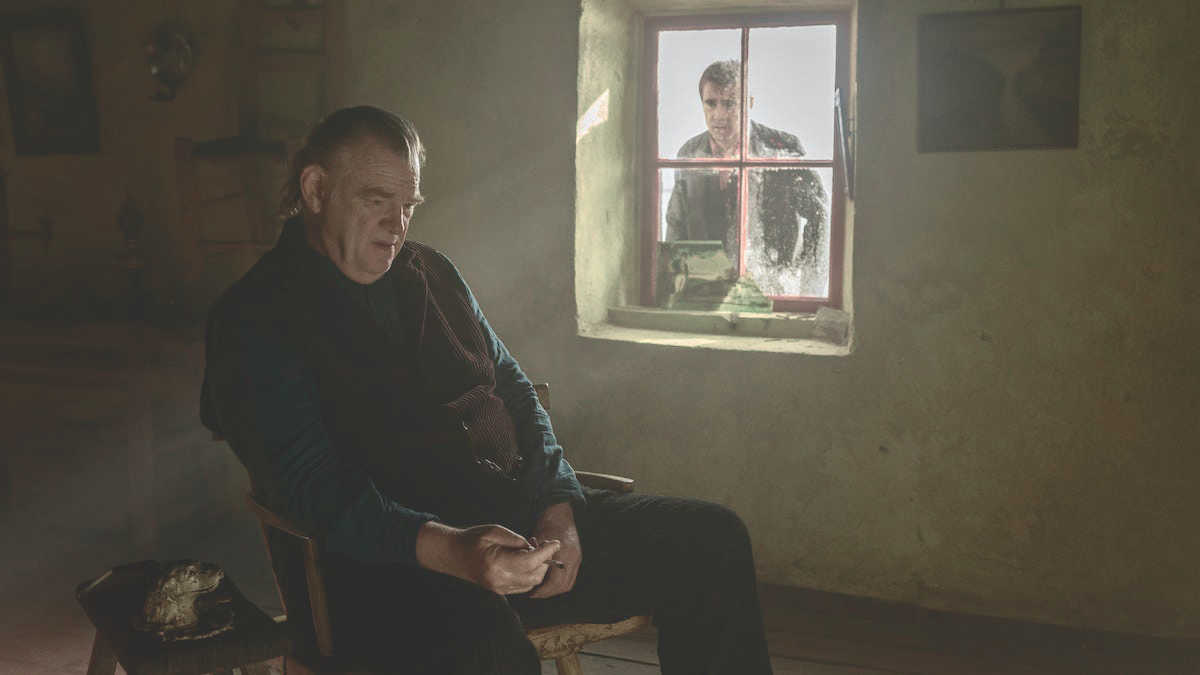The Oscar nominations brought both bountiful wins for movie lovers and despicable snubs of amazing performers like Mia Goth. Amongst big names, one lesser known film that deserves a handful of Oscars is “The Banshees of Inisherin,” which captures the complexity of human relationships in a single story and pulls the viewers into the chaos with a delightfully tender cast of characters.
This beautiful film stands out from many of the Best Picture nominees – it doesn’t scream blockbuster, making its acclaim much more powerful. The film follows Pádraic (Colin Farrell) and Colm (Bredan Gleeson), two lifelong friends who find themselves at an impasse when Colm ends their friendship without warning. This sudden breakup leads to Pádraic’s relentless attempts to mend their relationship in ways that hurt the people around them, such as his sister Siobhán (Kerry Condon) and young outcast Dominic (Barry Keoghan), while Colm resorts to drastic measures to keep Pádraic out of his life.
The acting can only be described as pure life. Farrell portrays all of Pádraic’s emotions vividly and can make the audience sob and burst out laughing simultaneously. Farrell perfectly syncs with the entire cast — including Jenny, the donkey — and in doing so, presents achingly deep relationships that sum up the complexity of the human race. The character interactions are loving and painful, showing how friendship isn’t always a smooth road. Pádraic’s character is simple and sweet and leaves the audience wondering why Colm would suddenly discard him and his friendship. Despite his annoyingly persistent behavior, Pádraic is one of the most lovable characters to hit the big screen this year, and it was hard to let him go at the end of the film.
The viewers are first drawn into the picturesque setting of the west coast of Ireland, with its rolling hills, vast greenery and quaint cottages. With few townspeople and roaming farm animals, the fictional island of Inisherin seems straight out of a storybook. But with a small population comes monotonous lifestyles and endless gossip. This sense of repetition and declining relationships changes the fairytale setting into a murky, hostile isle, allowing for the audience to see the world through Pádraic’s eyes as he loses his happy-go-lucky demeanor.
The screenplay is immensely warm and provides so much character through basic diction and silence. The dialogue isn’t difficult to process despite the Irish slang, and the straightforward language is perfect for the working class of Inisherin. The writers prove that less is more and allow the silence to tug at the audience’s heartstrings. Viewers are able to befriend Colm — a man of few words — through his body language alone, and his effect on the scenes’ atmosphere is intensely somber.
Pádraic saying the line, “you used to be nice” deserves an Oscar alone. It’s simple, it’s cruel and it’s bittersweet, just like the entire film.
The film isn’t for everyone; it is for people who feel intensely. It’s for the people who refuse to shy away from displays of emotion. “The Banshees of Inisherin” encapsulates everything that is wonderfully and horribly human and bundles it into one spectacular film.







